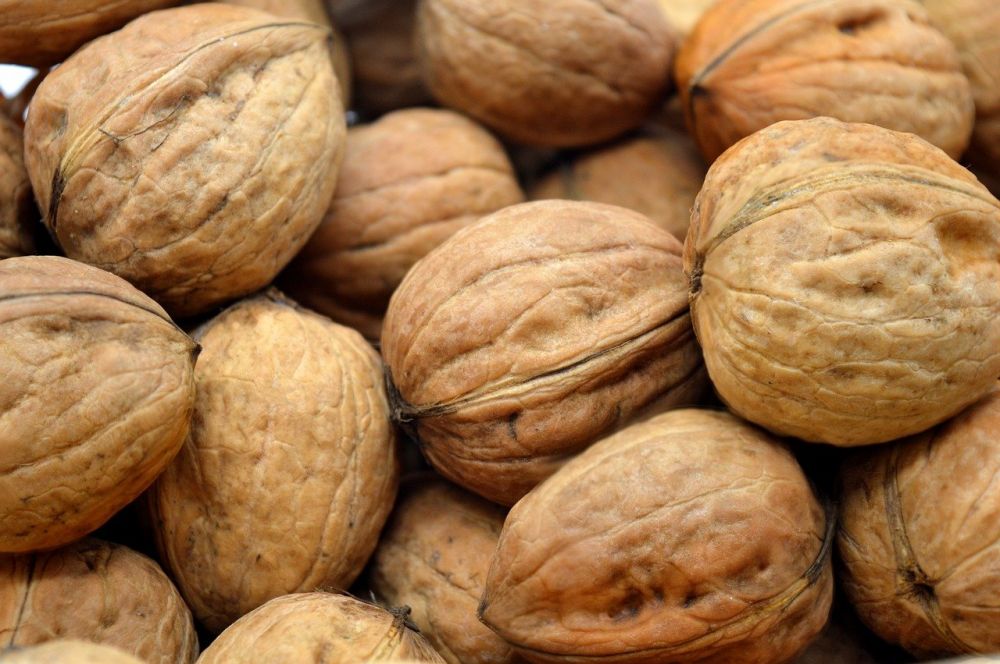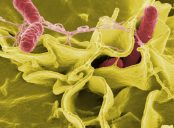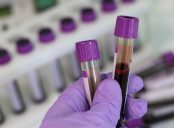High Protein Diet: A Comprehensive Overview for Optimal Health

Introduction:
In recent years, high protein diets have gained immense popularity among health enthusiasts and fitness fanatics around the globe. These diets emphasize the consumption of protein-rich foods to promote weight loss, enhance muscle growth, and improve overall health. This article aims to provide a thorough understanding of high protein diets, including their types, benefits, and historical significance. Whether you’re a beginner or someone well-versed in the world of nutrition, this guide will equip you with all the necessary information you need to make informed dietary choices.
1. Understanding High Protein Diets:

High protein diets are dietary plans that prioritize protein intake over other macronutrients such as carbohydrates and fats. They typically involve consuming more protein-rich foods like lean meats, fish, eggs, dairy products, legumes, and nuts. The primary goal of these diets is to increase satiety, stimulate muscle protein synthesis, and support weight management.
2. Types of High Protein Diets:
a) Low-Carb, High Protein Diet: This type of diet focuses on limiting carbohydrate intake while increasing protein consumption. It aims to induce a state of ketosis, where the body burns fat for fuel instead of carbohydrates.
b) Balanced High Protein Diet: This diet emphasizes a well-rounded approach to nutrition, including a moderate intake of carbohydrates and fats, alongside a significant protein intake. It promotes overall health and supports various fitness goals.
c) Very High Protein Diet: This extreme version of high protein dieting involves consuming significantly higher amounts of protein, often exceeding the recommended daily intake. It is commonly adopted by athletes and bodybuilders during intense training phases.
3. Quantitative Measurements of High Protein Diets:
When following a high protein diet, it is crucial to determine the appropriate amount of protein needed for individual needs. Protein requirements vary based on factors such as age, gender, activity level, and overall health. On average, individuals aiming for a high protein intake typically consume around 1.2 to 2 grams of protein per kilogram of body weight.
4. Comparing Different High Protein Diets:
While all high protein diets share a common emphasis on protein intake, they differ in terms of macronutrient distribution and specific recommendations. Low-carb, high protein diets restrict carbohydrate intake to induce ketosis, while balanced high protein diets aim for a healthy balance of macronutrients. Very high protein diets, on the other hand, prioritize an exceptionally high protein intake, often at the expense of other essential nutrients.
5. A Historical Perspective on Pros and Cons:
Throughout history, high protein diets have sparked debate and garnered attention for their potential benefits and drawbacks. Advocates argue that high protein diets can aid in weight loss, preserve muscle mass, and boost metabolic rate. However, critics raise concerns about potential risks to kidney function, nutrient deficiencies, and the exclusion of other vital food groups.
Conclusion:
In conclusion, high protein diets offer a range of benefits for individuals seeking improved health, weight management, and muscle growth. With various types to choose from, it’s essential to select a high protein diet that aligns with your specific goals and dietary preferences. While high protein diets have evolved over time, it is crucial to approach them with caution and ensure a well-rounded nutritional intake. By understanding the fundamentals of high protein diets, you can make informed choices and optimize your overall health and well-being.
[INSERT VIDEO HERE]
References:
– Johnston, Carol S., et al. ”Ketogenic low carbohydrate diets have no metabolic advantage over nonketogenic low carbohydrate diets.” The American journal of clinical nutrition 83.5 (2006): 1055-1061.
– Helms, Eric R., et al. ”A systematic review of dietary protein during caloric restriction in resistance trained lean athletes: a case for higher intakes.” International journal of sport nutrition and exercise metabolism 24.2 (2014): 127-138.
– Pasiakos, Stefan M., et al. ”Effects of high-protein diets on fat-free mass and muscle protein synthesis following weight loss: a randomized controlled trial.” FASEB Journal 27.9 (2013): 3837-3847.





















